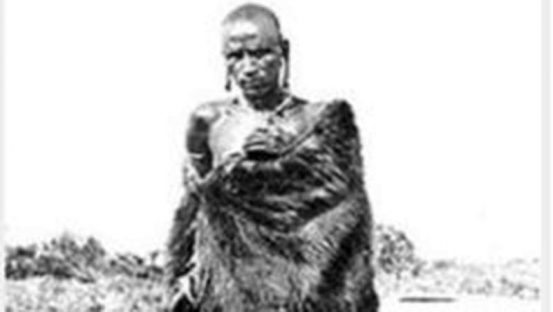×
The Standard e-Paper
Kenya’s Boldest Voice

In politics, policy actors tend to be categorised as either realist or idealist. In between are ideologues and demagogues, dogmatic and fanatical people who make reason an irrelevancy as they plunge countries into chaos. Idealists keep the polity in perpetual upward motion.
Realists stabilise and maintain order in a state and provide an environment for idealists to dream. In contrast, ideologues tend to be destructive and robotic. Kenya has had all three.